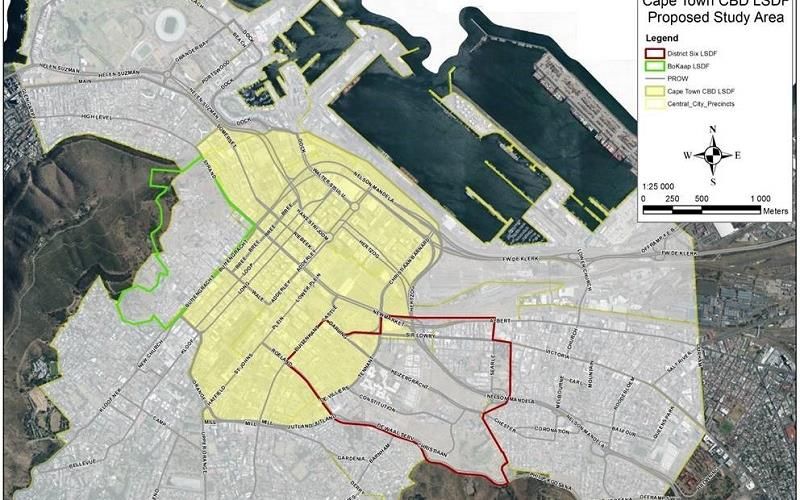Gender data plays a crucial role in illuminating disparities between men and women in all aspects of life. It provides insights into their respective contributions to society and the economy, as well as the challenges each group faces. Gender statistics are essential for developing policies that promote gender equality and empower women and girls. They also help monitor progress and identify areas where more work is needed to achieve equitable outcomes.
The 9th United Nations Global Forum on Gender Statistics
The 9th United Nations Global Forum on Gender Statistics will be held in Johannesburg, South Africa from August 29 to 31, 2023. This prestigious event is hosted by Statistics South Africa, in collaboration with the United Nations Department of Economic and Social Affairs’ Statistics Division and under the guidance of the Inter-Agency and Expert Group on Gender Statistics. The Forum brings together experts in gender statistics to discuss various aspects of the field and share best practices.
The Care Economy and Gender Equality
The Global Forum will focus on establishing enhanced metrics for producing gender statistics and improving monitoring frameworks. A significant area of concern is the care economy, which includes caregiving and domestic work. The experts will scrutinize how data on the care economy is produced and used, as this sector’s impact on gender equality is often underestimated.
Keynote Speakers and Program
The Deputy Minister in the Presidency, Mr. Itiseng Kenny Morolong, will deliver the keynote address at the Gender Forum on August 29, 2023, followed by a media briefing. Joining him will be Ms. Risenga Maluleke, the Statistician-General and Head of Statistics South Africa, Ms. Ranji Reddy, Chief Director in the Department of Women, Youth and Persons with Disabilities, and Ms. Francesca Grum, Assistant Director and Chief of the Demographic and Social Statistics Branch of the United Nations Statistics Division. The event’s website contains further information and a detailed program.
Participation
The 9th United Nations Global Forum on Gender Statistics will take place at the Sandton Convention Centre in Johannesburg, with a press briefing scheduled for 12:30 on August 29. Interested individuals can follow the forum’s live and on-demand content on YouTube and participate in discussions on social media using the hashtags #GenderData, #UNStats, and #StatsSA.
In conclusion, the 9th United Nations Global Forum on Gender Statistics provides a valuable platform for experts to share knowledge and best practices to work toward the common goal of gender equality. By examining the care economy and its impact on gender equality, the forum highlights the indispensability of reliable and high-quality gender data in crafting policies and monitoring progress. This collaborative effort will undeniably contribute to a brighter and more equitable future for all.








